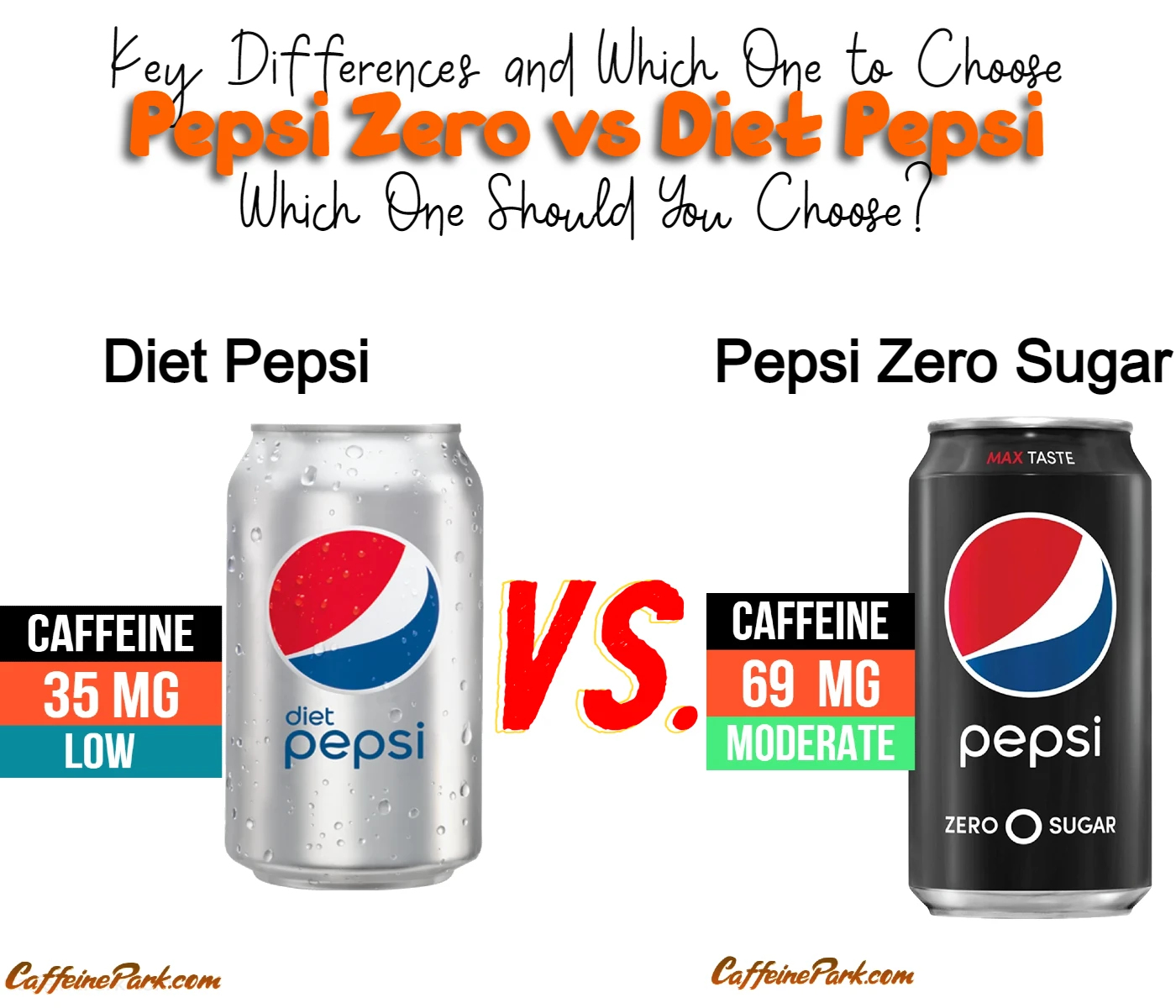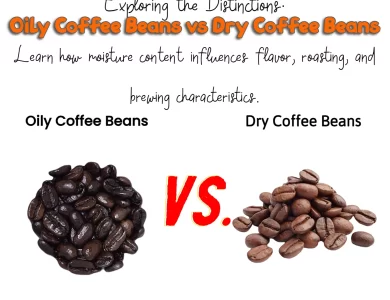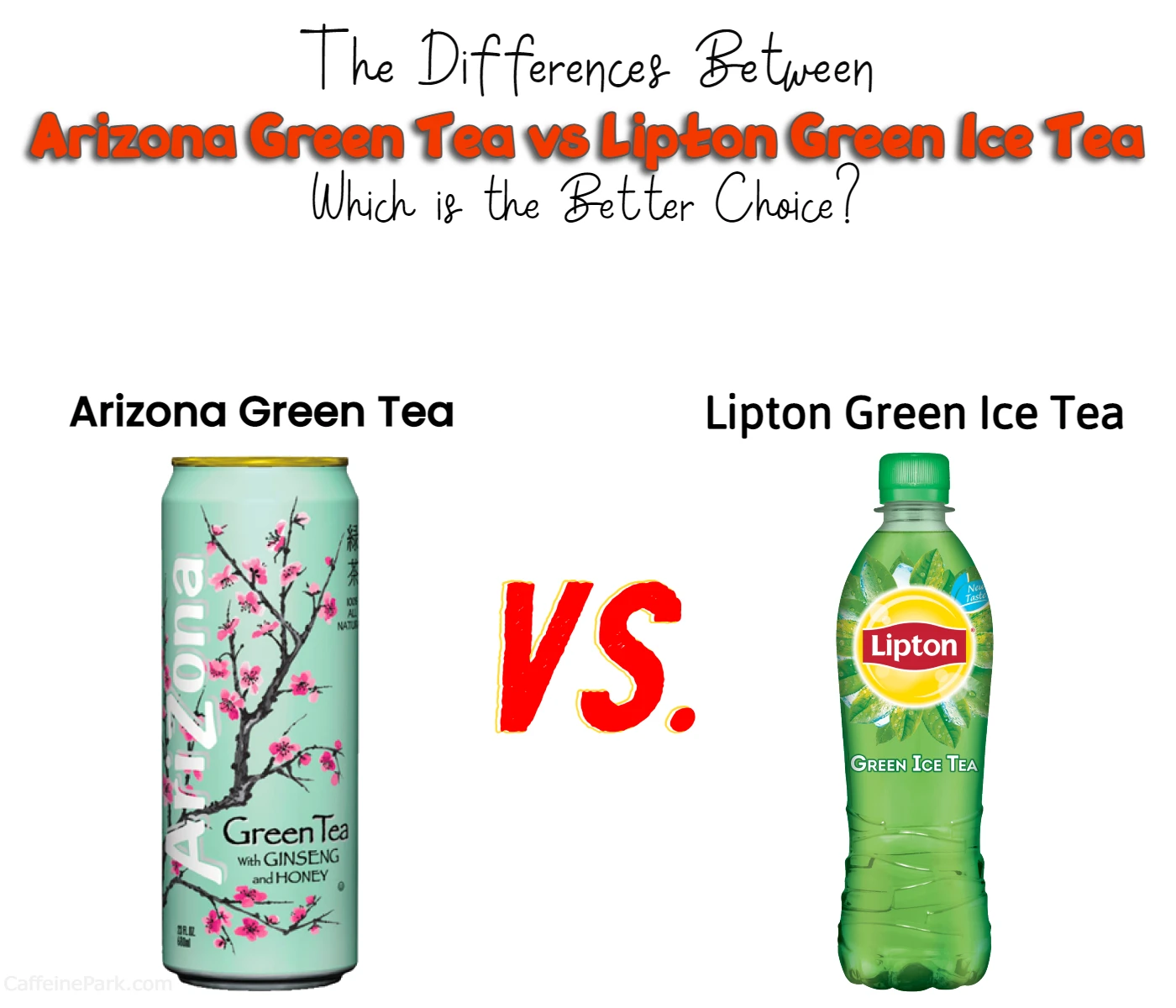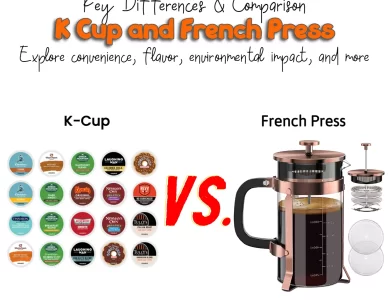Yerba Mate vs Matcha
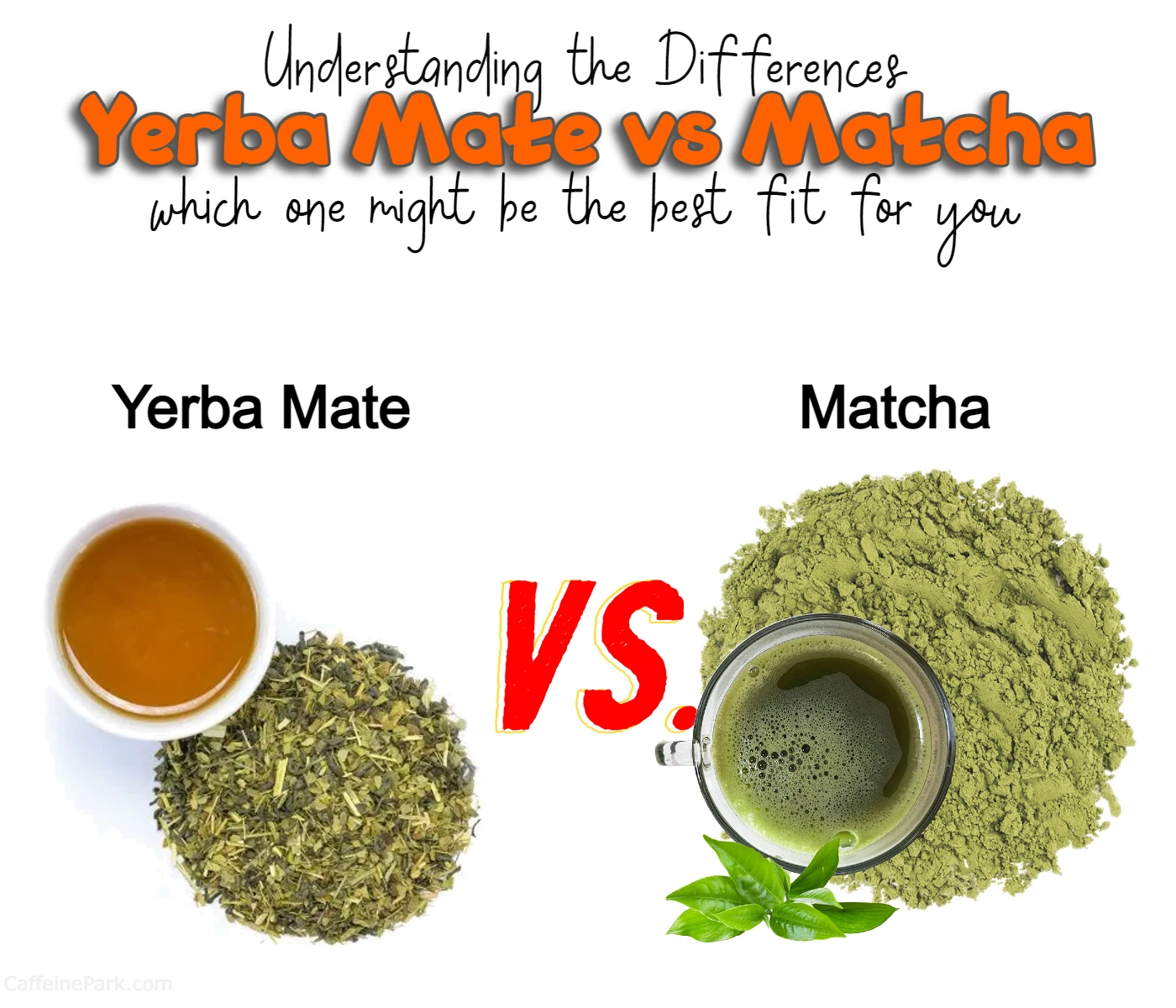
Are you looking for a healthy and energizing drink that will help you power through your day? Look no further than yerba mate and matcha! These two popular drinks have gained a lot of attention in recent years due to their numerous health benefits, but what are the differences between them?
In this blog post, we will explore the differences between yerba mate and matcha. From their origins and flavors to their caffeine content and health benefits, we will delve into what makes these two drinks unique. Whether you are a fan of the earthy flavor of yerba mate or the smooth and creamy taste of matcha, you are sure to learn something new and interesting about these popular drinks.
So, whether you are a seasoned yerba mate or matcha drinker or are curious about trying something new, read on to discover the differences between yerba mate and matcha. By the end of this blog post, you will have a better understanding of these two energizing drinks and which one might be the best fit for you. So, let’s get started!
| Yerba Mate | Matcha |
|---|---|
| Traditional South American drink made by steeping dried leaves in hot water | Powdered green tea is traditionally used in Japanese tea ceremonies |
| Earthy, slightly bitter flavor with a hint of sweetness | Smooth, creamy taste with a slightly sweet aftertaste |
| Contains about the same amount of caffeine as a cup of black tea | Contains about the same amount of caffeine as a cup of coffee |
| Rich in antioxidants, vitamins B and C, magnesium, and potassium | Rich in antioxidants, vitamin C, selenium, and zinc |
| Consumed from a gourd with a bombilla | Prepared with a whisk and chawan |
| Said to reduce inflammation, aid digestion, and boost mental clarity | Said to improve brain function, reduce stress, and enhance weight loss |
Differences between Yerba Mate and Matcha
Yerba mate and matcha are two popular drinks that have gained a lot of attention in recent years due to their various health benefits. Both are known for their unique flavors and are consumed for their energizing effects. But what exactly are the differences between yerba mate and matcha? Let’s explore!
Origin and History
Yerba mate is a traditional South American drink that has been consumed for centuries. It originated in the Guarani tribe in Paraguay and has since spread to other countries in South America, such as Argentina, Uruguay, and Brazil. Yerba mate is made from the dried leaves and stems of the yerba mate plant, which is a species of holly.
Matcha, on the other hand, is a traditional Japanese drink that has been around for centuries. It originated in China during the Tang Dynasty but was later brought to Japan by Zen Buddhist monks. Matcha is made from green tea leaves that have been ground into a fine powder.
Flavor and Taste
Yerba mate has a distinct, earthy flavor with a slightly bitter taste. Some people describe it as having a “grassy” or “woody” flavor. Yerba mate is traditionally consumed with a metal straw called a bombilla and a gourd called a mate. The bombilla is used to filter out the leaves and stems while drinking, and the gourd is used to hold the yerba mate.
Matcha, on the other hand, has a smooth and creamy flavor with a slightly sweet taste. Some people describe it as having a “vegetal” or “umami” flavor. Matcha is traditionally prepared by whisking the powder with hot water until it becomes frothy.
Caffeine Content
Both yerba mate and matcha are known for their energizing effects, but how much caffeine do they actually contain?
Yerba mate contains about 30-50 mg of caffeine per 8 oz cup, which is about the same as a cup of black tea. However, yerba mate also contains other stimulants such as theophylline and theobromine, which can enhance the effects of caffeine.
Matcha, on the other hand, contains about 64 mg of caffeine per 8 oz cup, which is about the same as a single shot of espresso. However, matcha also contains L-theanine, an amino acid that can help to reduce the negative effects of caffeine, such as jitters and anxiety.
Health Benefits
Both yerba mate and matcha are known for their various health benefits, but what are they?
Yerba mate has been shown to have antioxidant properties, which can help to protect the body from damage caused by free radicals. It has also been shown to have anti-inflammatory effects, which can help to reduce inflammation in the body. Additionally, yerba mate has been shown to improve focus and mental clarity, boost the immune system, and aid in weight loss.
Matcha is also rich in antioxidants, which can help to protect the body from damage caused by free radicals. It has also been shown to boost metabolism, aid in weight loss, and improve focus and mental clarity. Additionally, matcha has been shown to have a calming effect on the body, which can help to reduce stress and anxiety.
Preparation
Yerba mate and matcha are prepared differently, but both require a specific set of tools and techniques.
To prepare yerba mate, you will need a gourd and a bombilla. First, fill the gourd about two-thirds full with yerba mate leaves and stems. Then, insert the bombilla into the gourd and pour hot water (not boiling) over the leaves and stems. Sip the yerba mate through the bombilla, and continue to add more hot water as needed.
To prepare matcha, you will need a chawan (a traditional Japanese tea bowl), a chasen (a bamboo whisk), and a chashaku (a bamboo scoop). First, heat water to just below boiling. Then, using the chashaku, scoop about 1-2 teaspoons of matcha powder into the chawan. Pour a small amount of hot water into the chawan and whisk the matcha with the chasen until it becomes frothy. Add more hot water to the chawan to fill it up, and continue to whisk until the matcha is fully mixed.
Conclusion
In conclusion, while both yerba mate and matcha are energizing drinks with various health benefits, there are significant differences between the two. Yerba mate has an earthy flavor, contains about the same amount of caffeine as a cup of black tea, and is traditionally consumed with a gourd and bombilla. Matcha has a smooth and creamy flavor, contains about the same amount of caffeine as a cup of coffee, and is traditionally prepared with a chawan, chasen, and chashaku. Whether you prefer the bold flavor of yerba mate or the smooth and creamy taste of matcha, both are delicious and offer a range of health benefits.
Alternative to Yerba mate and Matcha
If you’re looking for alternatives to yerba mate and matcha, there are several options available, each with its own unique flavor and benefits. Here are a few examples:
- Rooibos tea – Rooibos is a popular South African tea that is naturally caffeine-free and rich in antioxidants. It has a slightly sweet, nutty flavor and is often enjoyed with a splash of milk or honey.
- Hibiscus tea – Hibiscus tea is made from the dried petals of the hibiscus flower and has a tart, fruity flavor. It is rich in antioxidants and has been shown to lower blood pressure and improve heart health.
- Turmeric tea – Turmeric tea is made by steeping fresh or dried turmeric root in hot water. It has a warm, spicy flavor and is known for its anti-inflammatory properties.
- Peppermint tea – Peppermint tea is a refreshing, caffeine-free option that is often used to aid digestion and soothe upset stomachs. It has a cool, minty flavor and can be enjoyed hot or cold.
- Green tea – If you enjoy the flavor of green tea but find matcha too strong, you may want to try a milder green tea. Green tea is rich in antioxidants and has been shown to boost metabolism and improve brain function.
FAQs
Yerba mate is a traditional South American drink made by steeping dried leaves from the yerba mate plant in hot water. It is a popular beverage in countries like Argentina, Uruguay, and Paraguay.
Matcha is a powdered green tea that is traditionally used in Japanese tea ceremonies. The tea leaves are grown in the shade before they are harvested, which gives matcha its characteristic bright green color and unique flavor.
Yerba mate has an earthy, slightly bitter flavor with a hint of sweetness, while matcha has a smooth, creamy taste with a slightly sweet aftertaste.
Yerba mate contains about the same amount of caffeine as a cup of black tea, while matcha has about the same amount of caffeine as a cup of coffee.
While there is no reason why you cannot drink yerba mate and matcha together, they have different flavors and caffeine content, so it may not be the most pleasant taste experience.
Read More:
